Graham Kershaw, managing director of supplier Macpac, addresses recent consumer and media concerns over packaging waste
Packaging manufacturers and suppliers have been getting bad press over what some see as a deliberate and recklessly unsustainable way of operating. In response, we feel we should shout about our integrity.
As an industry we are subject to strict regulation with regards to the supply of food-grade packaging – such as that used for bakery goods – while monitoring our waste streams and energy consumption.
We use materials that are 100% recyclable and are made from over 80% recycled materials. In a lot of cases, the reason we don’t use 100% recycled materials is due to a requirement to satisfy food-grade standards of cleanliness and hygiene.
As with all processes, thermoforming generates a certain degree of waste. However, 100% of this waste is returned to our suppliers for reprocessing allowing us to reuse this material again and again.
UK businesses or producers who introduce packaging into the UK are required to share the responsibilities for the reprocessing packaging waste costs based on their position within the supply chain.
Good design is an integral part of packaging if it is to be successful. At Macpac, the products we make can be 100% recycled and can be designed not to require adhesive seals or labels that contaminate the plastic.
So what about over-packaging? If consumers see an Easter egg in a brown paper bag or a nicely designed pack, which will they choose? This question can be applied to a million different products, and, in every case, it perfectly illustrates how the consumer/producer partnership is crucial; if things are going to change, we all need to be educated about responsible usage.
Retailers demand maximum pack security to prevent pilfering. If that wasn’t required, costs and plastics usage would reduce.
Biodegradability is a catchword promoting single use, but such materials will not degrade in landfill or the oceans and can only be composted in an industrial environment. It is better to recycle conventional plastics for reuse.
Our industry is spearheading zero waste/zero landfill. We manufacture in a socially responsible manner and are at the forefront of good design and efficient usage of resources and materials. The consumer must be educated to understand the importance of recycling; let’s all play by the rules. We have one world to share and we must all respect it.








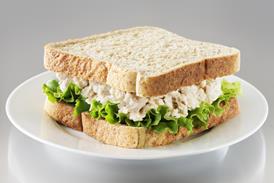






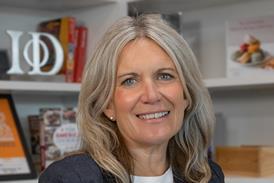




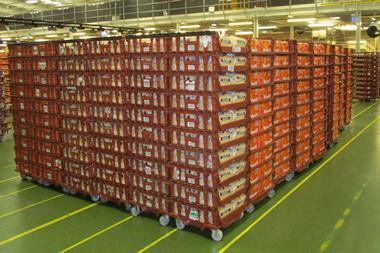

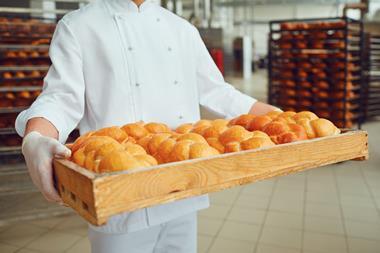

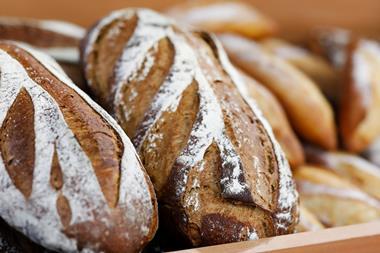

No comments yet